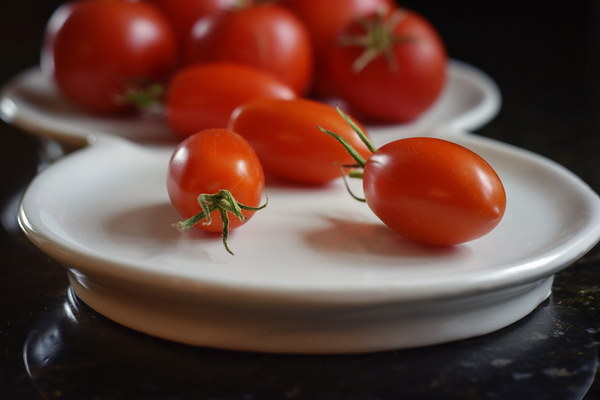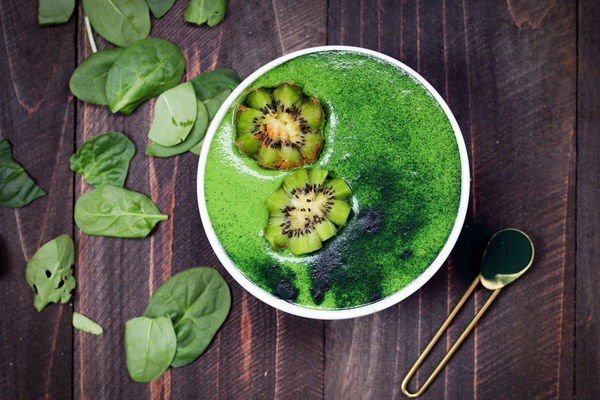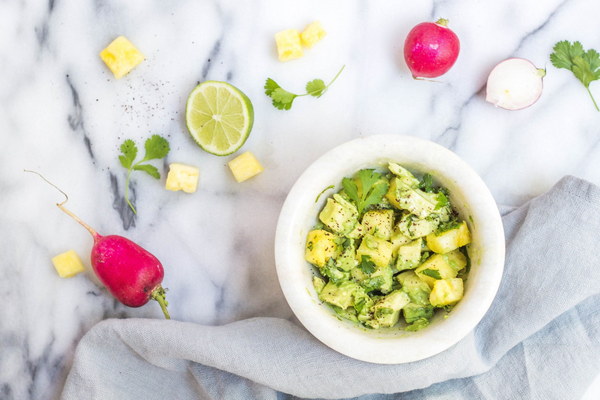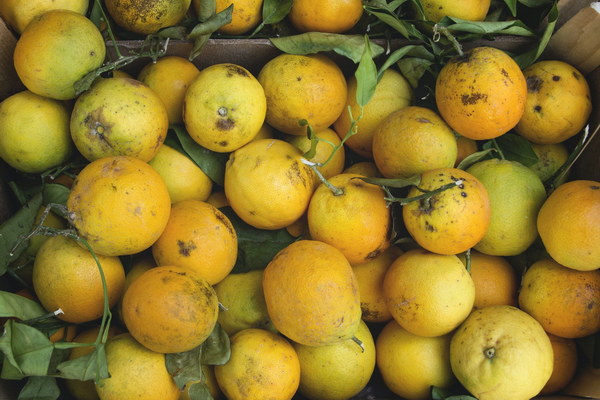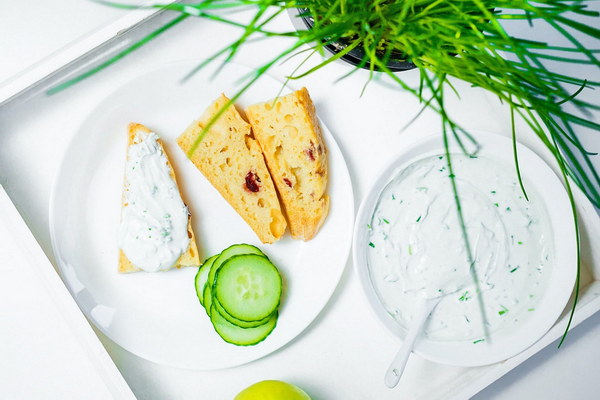Can Pregnancy Women Eat Coix Seed to Eliminate Dampness
Introduction:
Pregnancy is a delicate period in a woman's life, where careful attention must be paid to the diet and lifestyle. Many pregnant women often wonder whether they can consume certain foods to alleviate symptoms such as dampness. In this article, we will explore the question of whether pregnant women can eat coix seed to eliminate dampness and discuss its benefits and potential risks.
What is Coix Seed?
Coix seed, also known as Job's tears or Coix lacryma-jobi, is a traditional Chinese medicine herb that has been used for centuries. It is rich in nutrients, including carbohydrates, proteins, dietary fibers, and various vitamins and minerals. Coix seed is believed to have various health benefits, including anti-inflammatory, diuretic, and dampness-relieving properties.
Benefits of Coix Seed for Pregnant Women:
1. Dampness Relief: Coix seed is commonly used to eliminate dampness in traditional Chinese medicine. Dampness can manifest as fatigue, bloating, and water retention, which can be uncomfortable for pregnant women. By consuming coix seed, pregnant women may experience relief from these symptoms.
2. Diuretic Effect: Coix seed has a mild diuretic effect, which can help reduce water retention and alleviate symptoms such as swelling in the legs and feet.
3. Anti-inflammatory Properties: Coix seed contains anti-inflammatory compounds, which may help alleviate joint pain and muscle aches during pregnancy.

4. Nutritional Value: Coix seed is a nutritious food that can provide energy and support the growth and development of the fetus. It is rich in carbohydrates, proteins, dietary fibers, and various vitamins and minerals.
Potential Risks and Precautions:
While coix seed has many benefits, it is essential to be aware of potential risks and precautions when consuming it during pregnancy:
1. Allergies: Some individuals may be allergic to coix seed or other foods containing it. It is crucial to consult a healthcare professional before consuming coix seed if there is a history of allergies.
2. Medication Interactions: Coix seed may interact with certain medications, such as blood thinners or diuretics. Pregnant women should consult their healthcare provider to ensure that coix seed consumption does not interfere with their medication regimen.
3. Dosage: Excessive consumption of coix seed may lead to gastrointestinal discomfort or other adverse effects. It is essential to follow recommended dosages and consult with a healthcare professional for personalized advice.
How to Consume Coix Seed:
Coix seed can be consumed in various forms, including raw, roasted, or ground into a powder. Here are some ways to incorporate coix seed into a pregnant woman's diet:
1. Coix Seed Tea: Boil coix seed in water and let it steep for several minutes. Strain and enjoy the tea.
2. Coix Seed Soup: Add coix seed to soups or stews for added flavor and nutritional benefits.
3. Coix Seed Porridge: Mix coix seed powder with milk or water and cook until thickened. This can be a healthy breakfast option for pregnant women.
Conclusion:
In conclusion, pregnant women can consume coix seed to eliminate dampness and enjoy its various health benefits. However, it is essential to be aware of potential risks and follow recommended dosages. Consulting with a healthcare professional before incorporating coix seed into the diet can help ensure a safe and healthy pregnancy.
